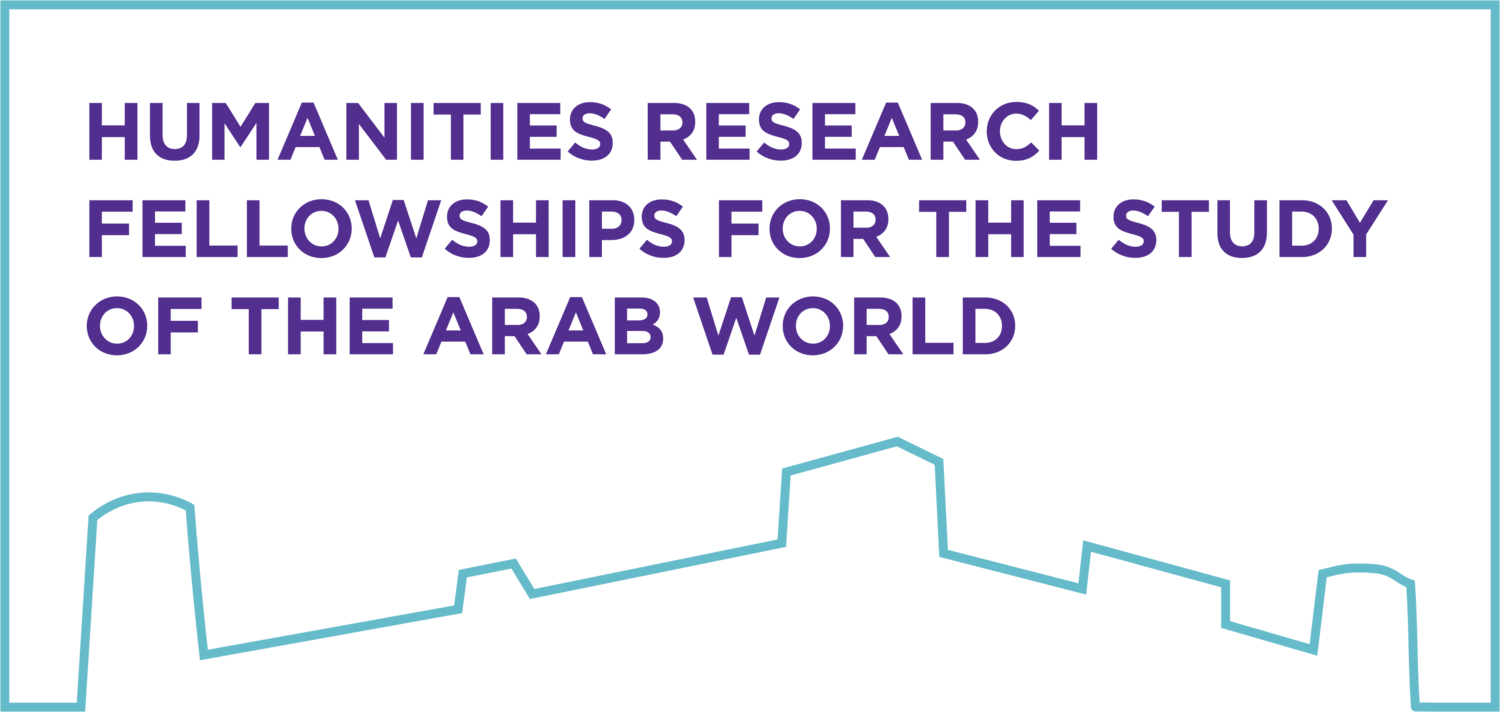The writings of the great Sufi philosopher ‘Ayn al-Qudat Hamadani (d. 1131) in many ways anticipate some of the major trends which characterize the post-Avicennian hikmat tradition, or what is commonly referred to as “philosophical Sufism.”
Indeed, ‘Ayn al-Qudat is arguably the first author in Islam to seriously fuse philosophy and mysticism, conscientiously bringing clarity to the somewhat opaque stance on mysticism espoused by Avicenna (d. 1037) on the one hand, and being more explicit than Ghazali (d. 1111) in terms of his reliance on philosophy on the other. Yet modern scholarship has failed to come to grips with the far-reaching implications of ‘Ayn al-Qudat’s teachings, many of which are couched in terms of the symbolic language and imagery of the Persian Sufi school of passionate love (madhhab-i ‘ishq) and the defense of Satan’s monotheism (tawhid-i Iblis).
The focus in this lecture will be upon this latter aspect of ‘Ayn al-Qudat’s Sufi doctrine. Seen in its proper context, ‘Ayn al-Qudat’s defense of Satan as a tragic, fallen lover of God turns out to be intimately related to his theodicy, as well as his theory of human action.
Mohammed Rustom is Associate Professor of Islamic Studies at Carleton University and Senior Fellow in the NYUAD lnstitute's Library of Arabic Literature and Humanities Research Fellowship programs. He is the author of the award-winning book The Triumph of Mercy: Philosophy and Scripture in Mui/a f:iiladra (2012), co-editor of The Study Quran: A New Translation and Commentary (2015), and author of Inrushes of the Heart: The Mystical Theology of 'Ayn al-Qudat (forthcoming). Professor Rustom has been the recipient of a number of international academic distinctions and honors, which include the lbn Arabi Society Latina Tarjuman Prize (2016) and The Institute of lsmaili Studies' Annemarie Schimmel Fellowship (2018).
Speakers
Mohammed Rustom, Senior Humanities Research Fellow, NYUAD

